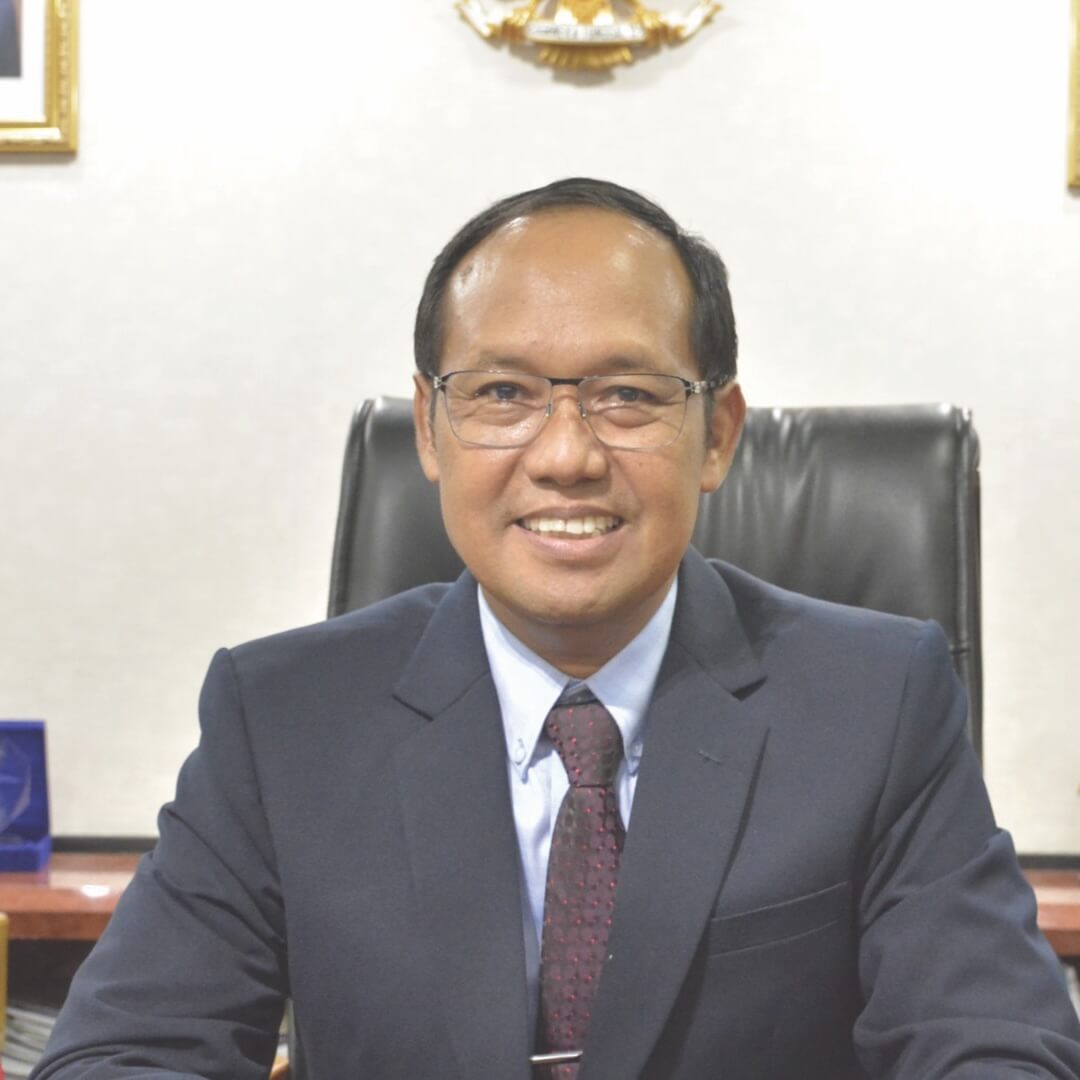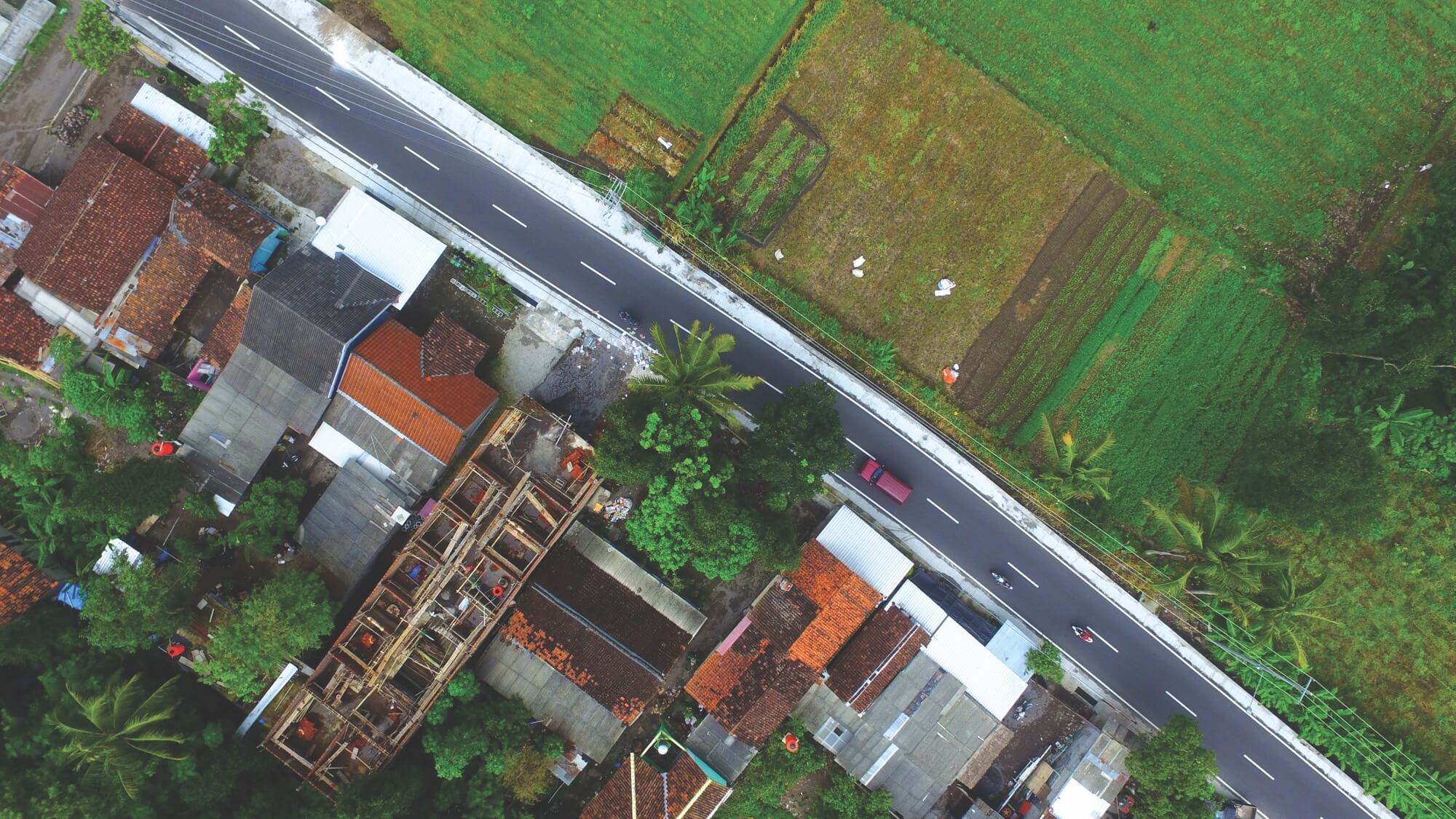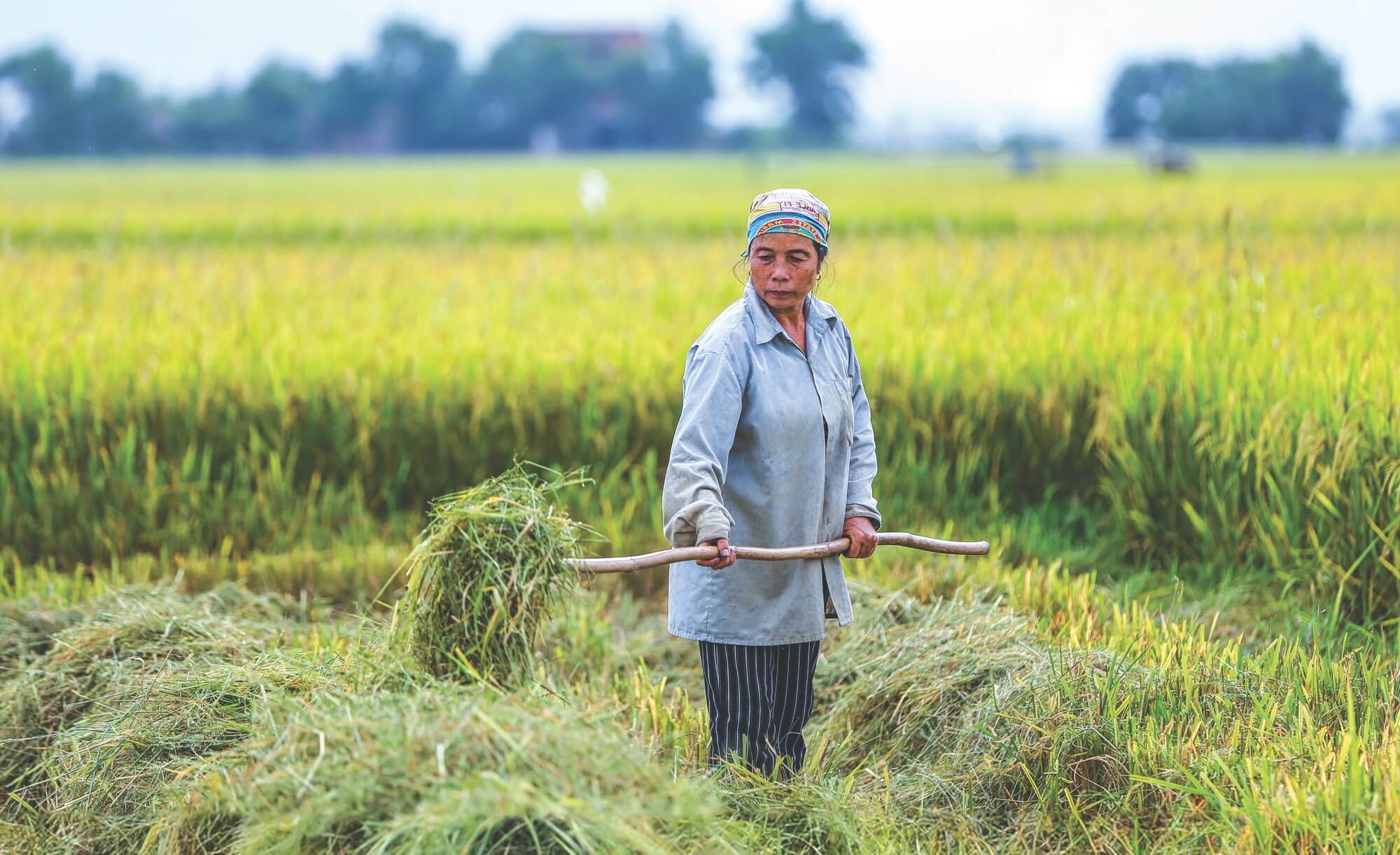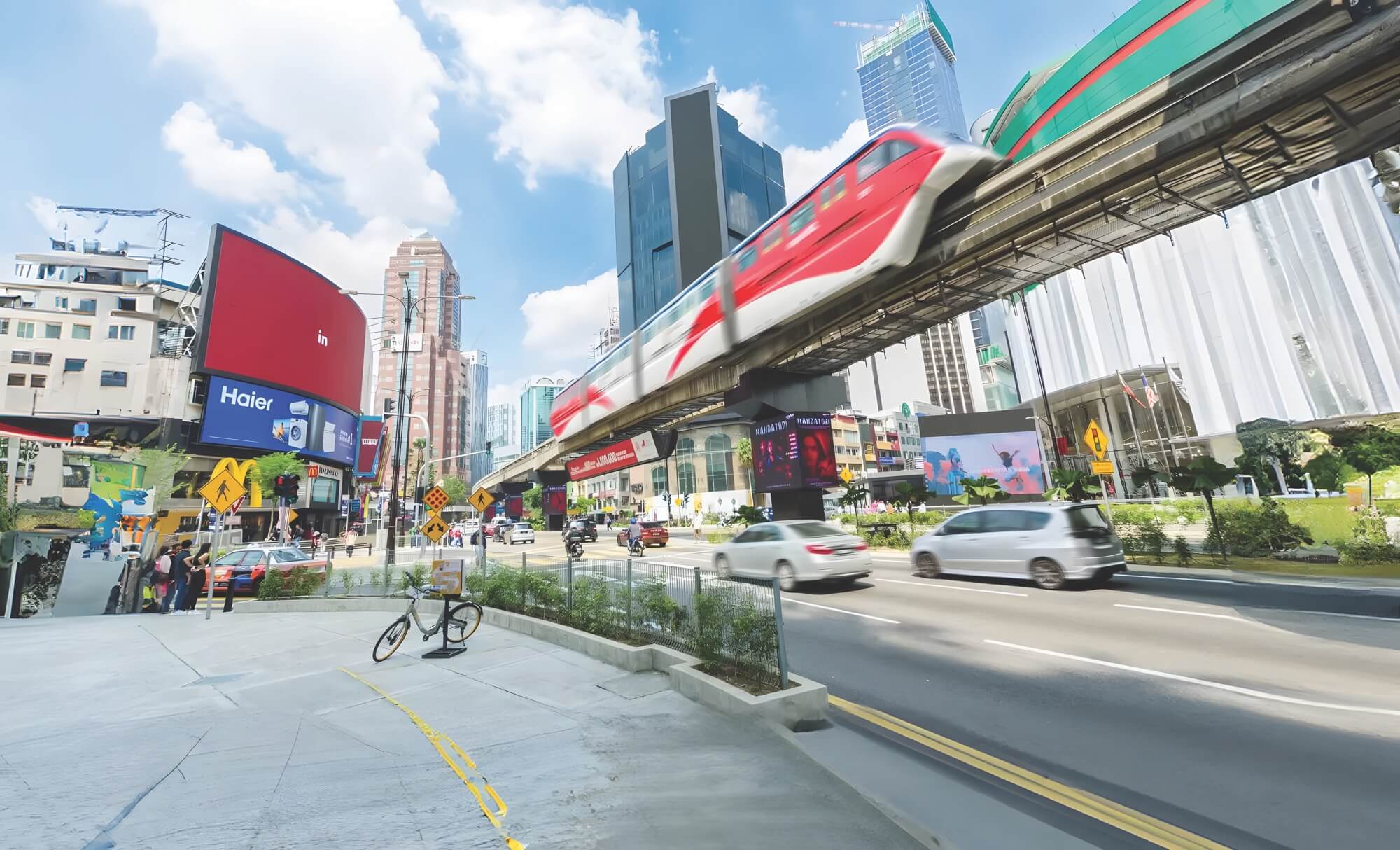




Rural development is a top priority in the Southeast Asian region, where more than 60 per cent of the ASEAN population resides in rural areas. Recognising rural development’s pivotal role in achieving the Sustainable Development Goals (SDGs), Indonesia, with its expansive rural landscapes, champions the ASEAN Village Network (AVN) as an innovative strategy.
Support for the establishment of the ASEAN Village Network Amidst rapid economic and urban transformation, rural development is crucial to ensure that economic growth occurs evenly across the region. The AVN emerges as a response to the challenges rural communities face in the ASEAN region. This initiative was born out of the ASEAN Leaders Joint Statement on the Establishment of the ASEAN Village Network with the Senior Officials Meeting on Rural Development and Poverty Eradication (SOMRDPE) Indonesia as the focal point. It was adopted at the 42nd ASEAN Summit on 10 May 2023 in Labuan Bajo, Indonesia. The AVN aims to enhance cooperation, knowledge-sharing, and mutual support among ASEAN Member States in advancing rural development agendas. Ultimately, the AVN’s primary goals is to enhance the quality of life of ASEAN citizens through this learning and collaborative forum. Sharing best practices and mutually beneficial knowledge, and promoting the development of innovative, sustainable, progressive, and self-reliant rural communities will contribute towards creating a caring society among ASEAN Member States. Villages networked across ASEAN will also enhance cross-cultural understanding and strengthen the ASEAN identity. To achieve these objectives, the ASEAN Village Network Framework outlines key programmes and activities: (1) Knowledge Sharing Platform: The AVN provides a forum for Member States to share best practices, development strategies, and successful experiences in advancing rural development; (2) Capacity Enhancement Initiatives: Training programmes and workshops are conducted to enhance the skills, knowledge, and capacities of rural communities in various fields, including agriculture, environmental sustainability, and entrepreneurship; (3) Partnership Development: The AVN facilitates cooperation among governments, the private sector, NGOs, and academia to mobilise resources and support for sustainable rural development; and (4) Policy Advocacy: The AVN plays a role in advocating for policies that support rural development, including access to essential services and poverty alleviation.

Accelerating the achievement of the 2030 Sustainable Development Goals
Rural development aligns with the goals of the 2030 Sustainable Development Agenda. In this regard, the AVN empowers member villages to form partnerships for goals and adapt SDGs at the village level, according to each village’s local and cultural context—ensuring no one is left behind. Therefore, the AVN plays a key role in advancing the 2030 Sustainable Development Goals (SDGs) at the local level.
Through targeted interventions and collaborative initiatives, the initiation phase of the AVN focuses on three key areas: (1) Village Tourism, as a platform for discussion, exchange of best practices and management, and potential collaboration among villages, such as joint tourism promotion packages; (2) Digital Village, to encourage villages to effectively utilise technology for village development that is accessible to all, including women and people with disabilities; and (3) One Village One Product (OVOP), serving as a platform to improve, develop, and promote products that reflect ASEAN identity. It is also a driving force for rural communities to be independent, creative, and innovative in identifying and utilising local resources.
With a focus on poverty alleviation, gender equality, environmental sustainability, and inclusive economic growth, the AVN contributes to achieving SDGs at the local level. These initiatives encourage rural communities to play an active role in development, enhance their well-being, and create sustainable environments for future generations.
A collaboration to alleviate poverty in rural communities
As an initial step, ASEAN Member States nominate villages with potential in the focus areas of the ASEAN Village Network. They become AVN member villages, and are subsequently designated as AVN Pilot Project Villages. At this stage, the involvement of stakeholders is crucial, including the various levels of government, from the villages to regions. These range from the district, province, and central government in each ASEAN Member State. The support can take the shape of mentoring, training, and facilitating access to resources and opportunities needed, including access to permits or policies required to improve living standards and reduce socio-economic disparities.
The support of the AVN is outlined in the AVN Framework, serving as a collaborative and learning forum where each member village can exchange best practices, which mutually benefit each other, and promote innovative, sustainable, fair, inclusive, progressive, and self-reliant rural development. The AVN can also function as a counterpart programme linking each member village with ASEAN partners or the private sector.
Under the SOMRDPE of the ASEAN Socio-Cultural Community Pillar, the AVN can potentially involve other Pillars, particularly the ASEAN Economic Community. The collaboration can promote rural economic development through trade promotion and investment in relevant economic sectors. These include developing local products, joint marketing, and increased market access for rural products. Thus, the AVN can help create new economic opportunities and improve the welfare of rural communities across ASEAN. This cross-pillar integration will develop a comprehensive and sustainable approach to promoting rural development and enhancing the well-being of communities across the region.
As an open platform, the AVN exemplifies the ASEAN Member States’ commitment to sustainable and inclusive rural development. Through solid cooperation and close collaboration, the AVN offers hope for rural communities to enhance people’s quality of life and prosperity. This initiative underscores the pivotal role of rural communities as primary agents to attain sustainable development goals.








